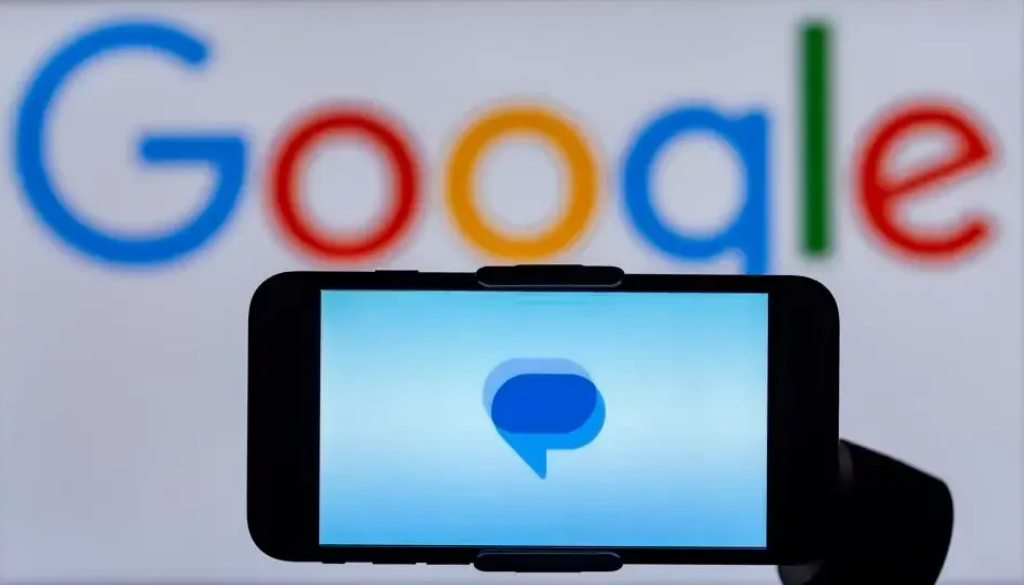Google Messages Introduces On-Device AI To Blur Nudity In Photos By Default

New Delhi, 23rd April 2025: Google has rolled out an artificial intelligence-powered feature in its Messages app that automatically blurs images containing nudity by default, prioritizing user privacy through on-device processing. The tool, designed to safeguard users from unsolicited explicit content, operates locally without transmitting data to external servers, ensuring sensitive media remains secure on the device.
The feature, first announced in October 2024, leverages Google’s on-device AI to detect and blur nude photos in real time, alerting users before they send or forward such content. For minors under 18, the setting is enabled by default, while adults must manually activate it via the app’s security settings. Upon detecting explicit material, the system displays a warning with options to “Yes, send” or “No, don’t send,” adding a layer of caution to digital interactions.
How Does It Works?
The AI scans photos shared through Google Messages using SafetyCore, an Android framework that processes content locally. This ensures no images or user data are uploaded to Google’s servers, addressing privacy concerns. The tool currently applies only to photos and not videos, functioning exclusively within the Messages app. Users can manage the feature under Settings > Safety and Security > Manage Sensitive Content Warnings.
Why It Matters?
Google emphasized the update aligns with its broader initiative to promote secure digital communication. A spokesperson stated, “This feature empowers users to make informed decisions while maintaining full control over their privacy.” The move follows growing global scrutiny over tech platforms’ handling of explicit content, particularly involving minors.
User Control And Limitations:
Adults can opt in via the app’s settings, while the default activation for minors aims to protect younger users from potential exploitation. However, the tool does not block content outright, relying instead on user discretion after issuing warnings. Experts highlight this as a balanced approach, though some advocate for stricter automated filters.
Privacy advocates have praised the on-device processing model. “Local analysis eliminates risks associated with cloud storage, making it a significant step forward,” said Riya Kapoor, a cybersecurity analyst based in Delhi. However, limitations such as the exclusion of videos and third-party messaging platforms remain areas for improvement.
The update underscores Google’s focus on integrating AI-driven safety tools across its ecosystem, reflecting industry-wide efforts to combat digital harassment. As of now, the feature is available globally, with no reports of regional restrictions. Users are advised to update their Messages app to access the latest security enhancements.







